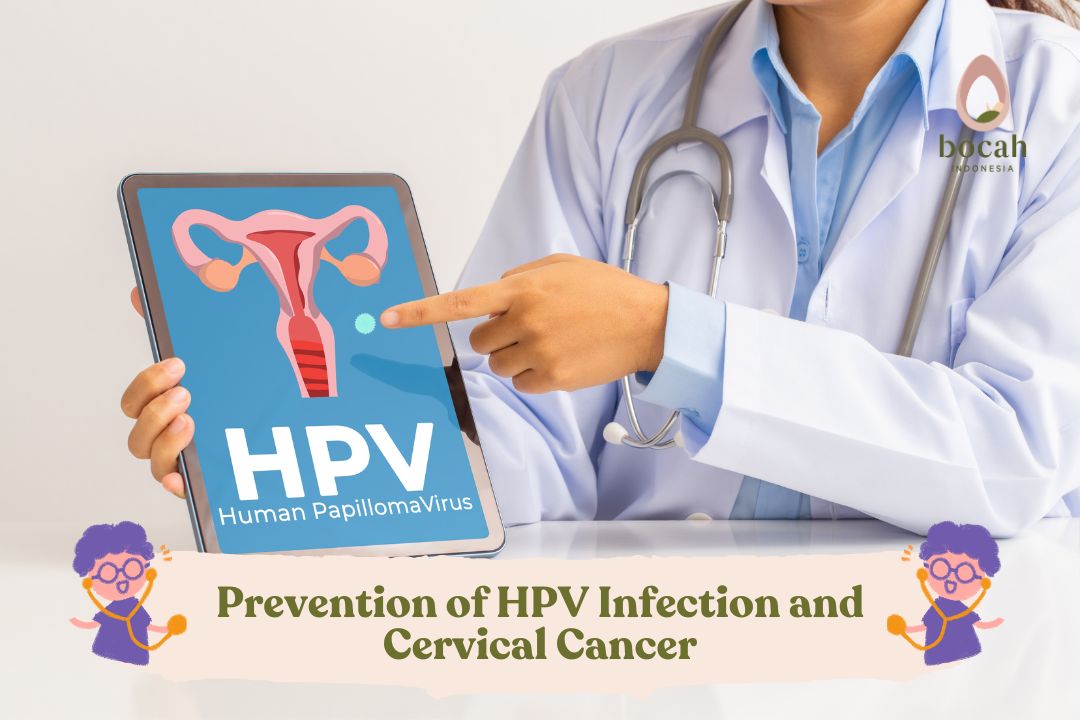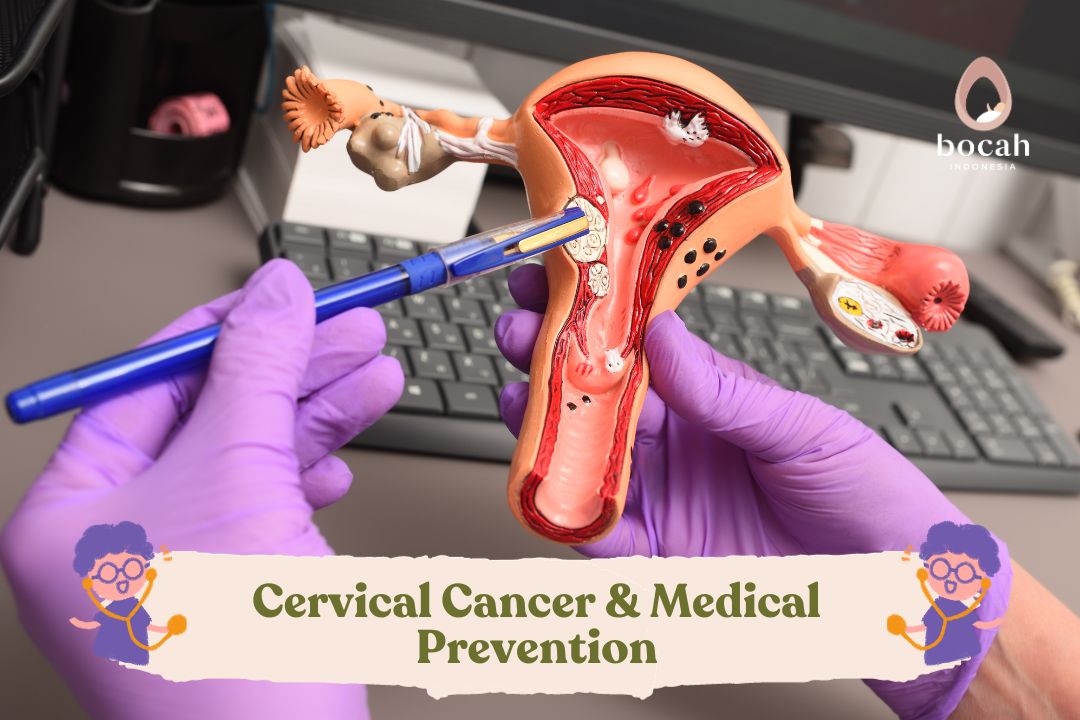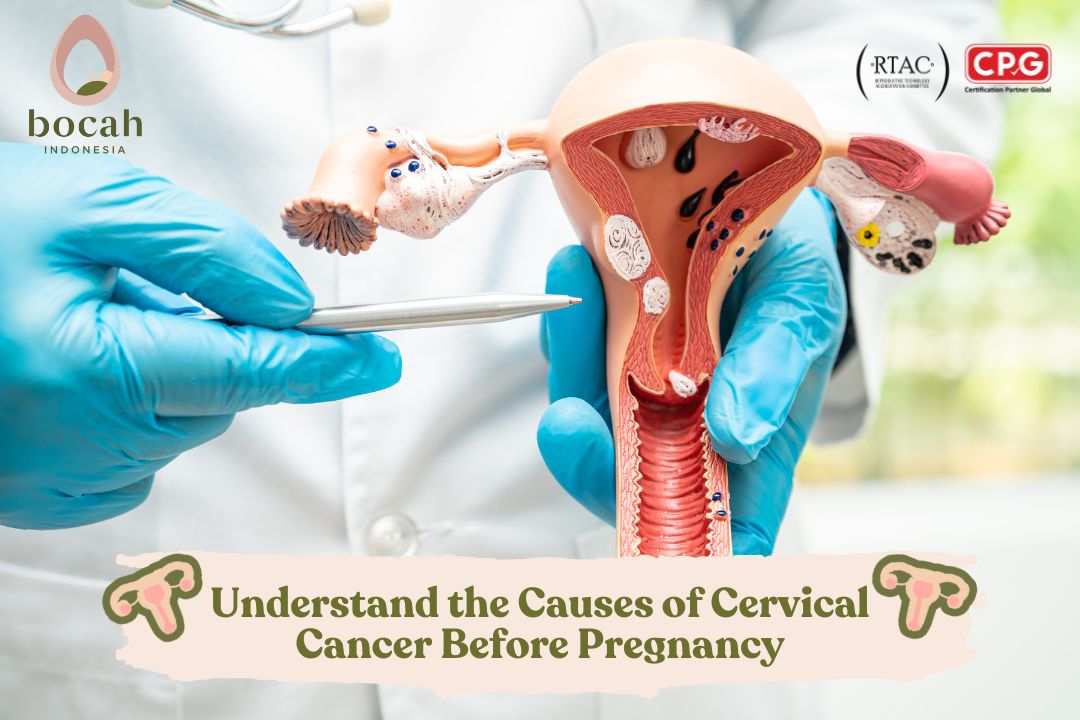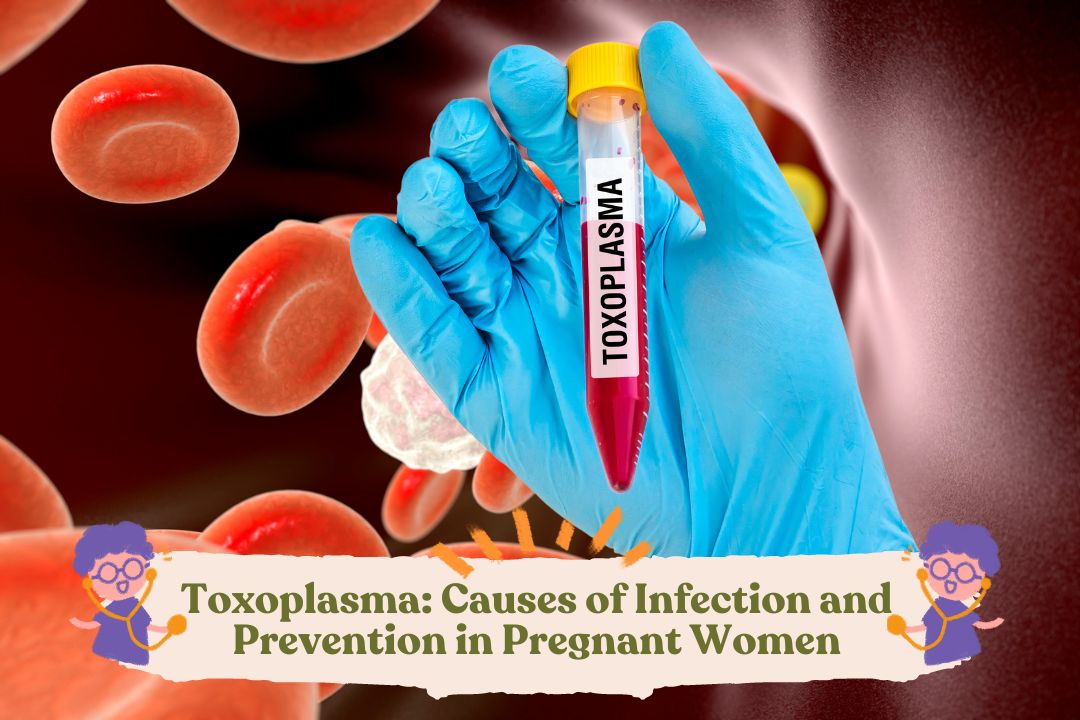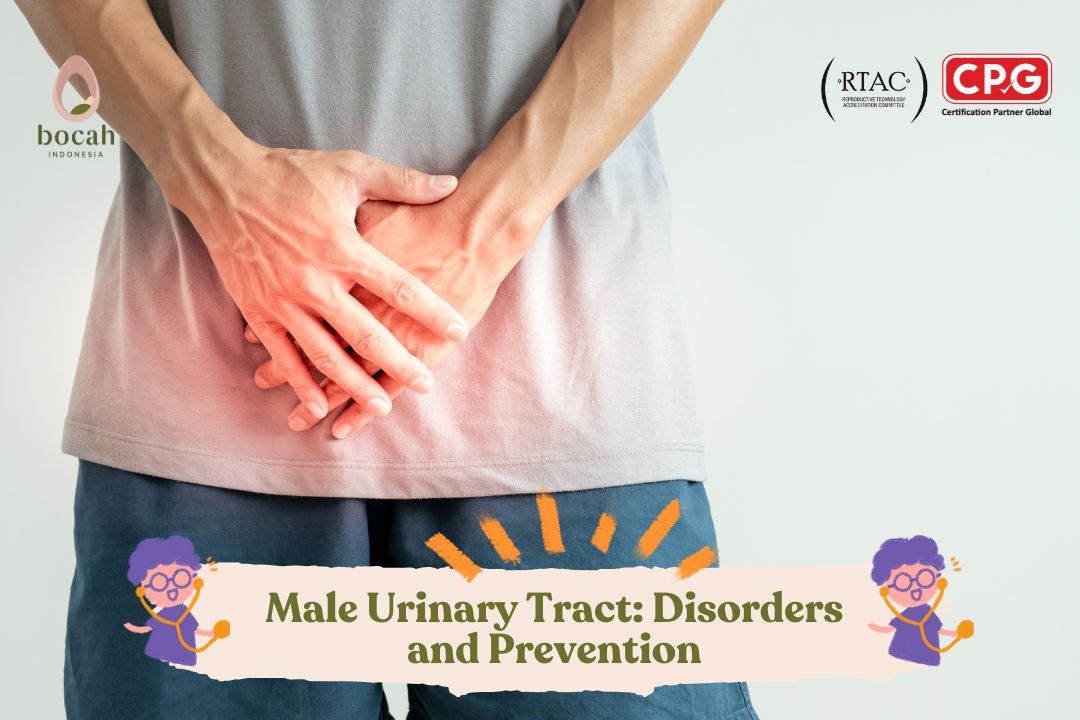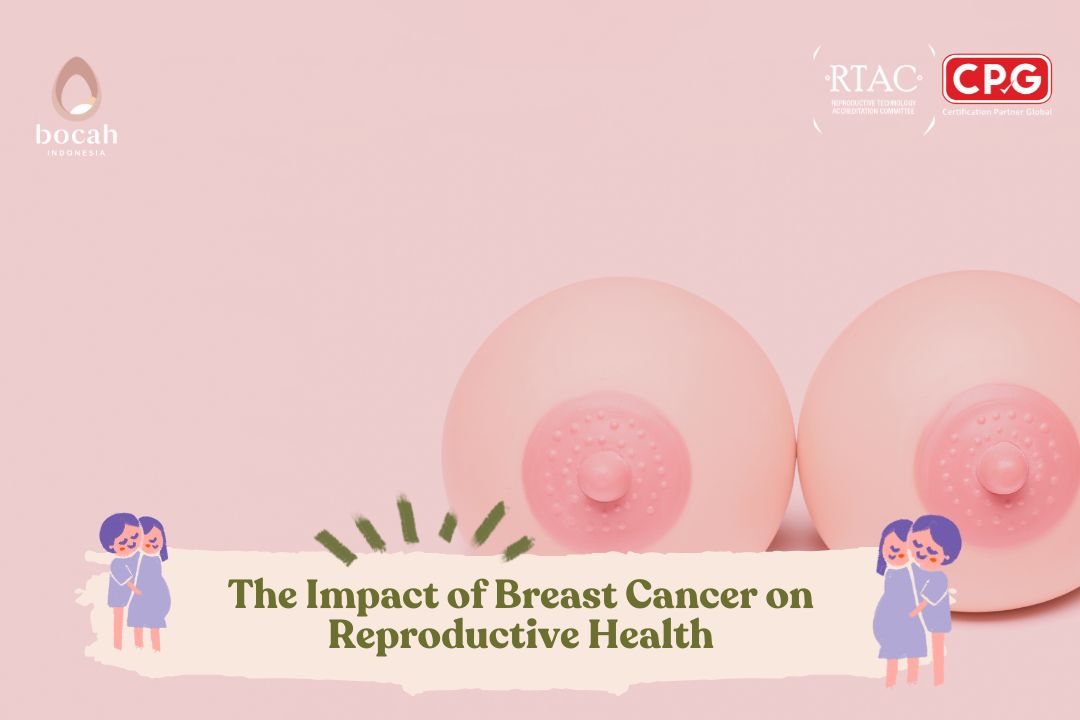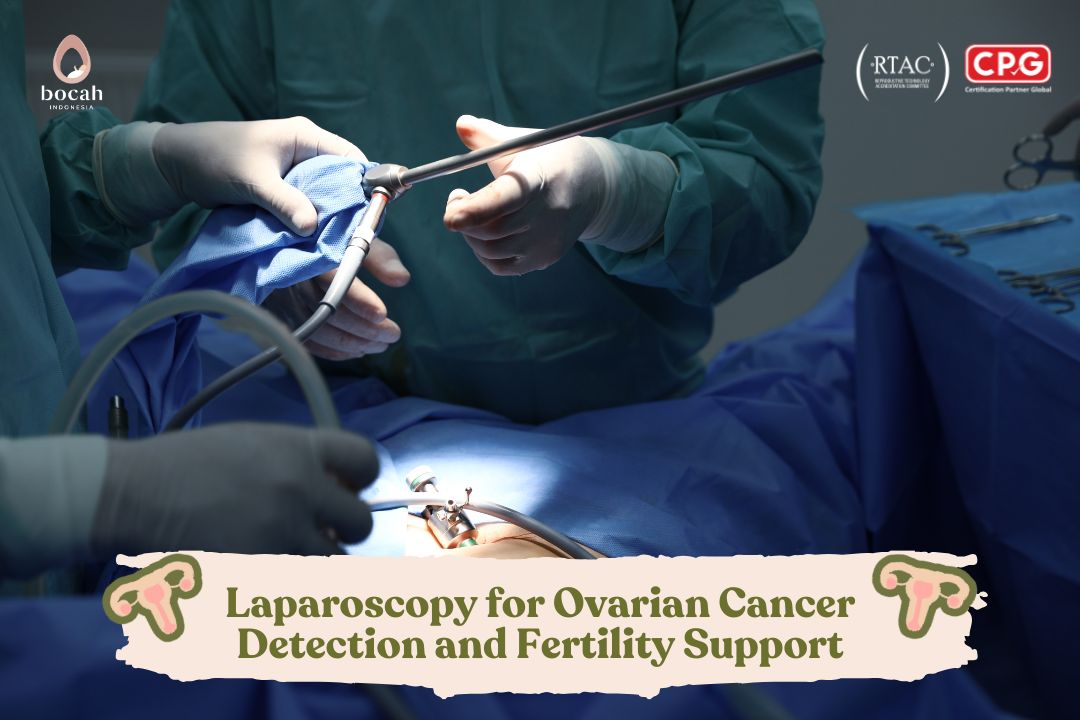The Importance of HPV Vaccination for Cervical Cancer Prevention
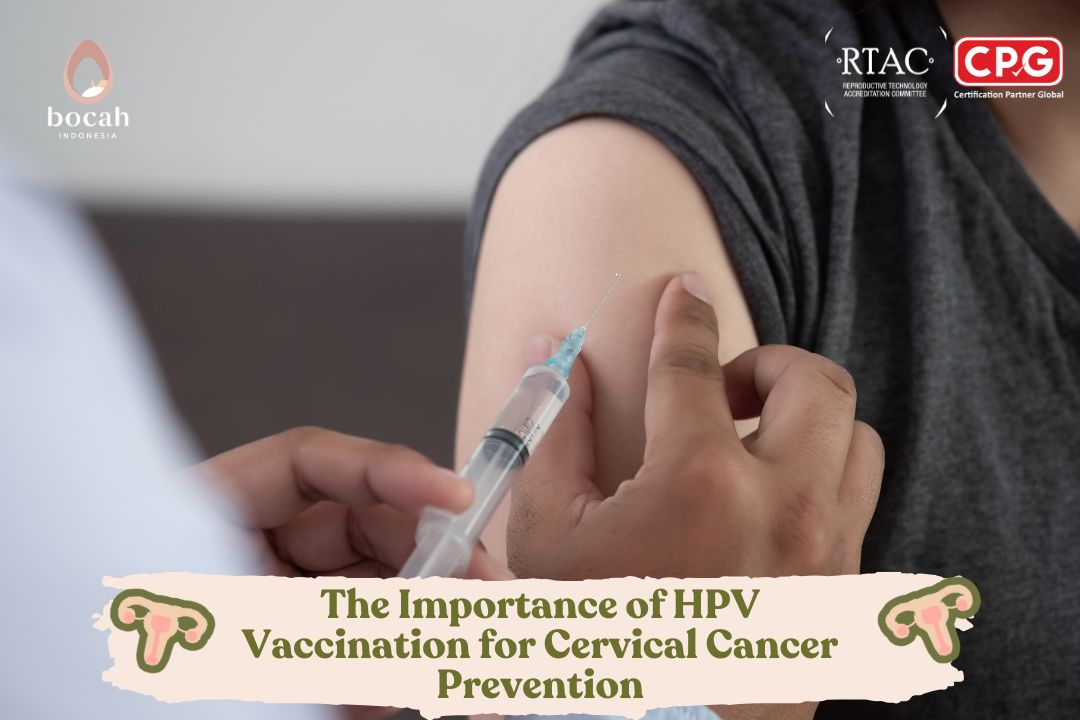
HPV vaccination is a crucial step in preventing cervical cancer, one of the most common cancers among women. Infection with human papillomavirus (HPV), the primary cause of cervical cancer, can be prevented through vaccination. HPV can also cause various other diseases, such as vulvar, vaginal, anal, penile, and even oropharyngeal cancers (affecting the back of the throat).
What is the HPV Vaccine?
The HPV vaccine is an immunization program designed to protect the body from HPV infection. This vaccine works by stimulating the immune system to produce antibodies that can fight HPV. There are over 100 types of HPV, but some types, such as HPV-16 and HPV-18, have a high risk of causing cervical cancer.
The HPV vaccine can also protect against other virus types that cause genital warts and several other cancers, including oropharyngeal and anal cancers. The currently available types of HPV vaccines include:
- Cervarix: Protects against HPV-16 and HPV-18 but does not protect against genital warts.
- Gardasil: Protects against HPV-16, HPV-18, as well as HPV-6 and HPV-11, which cause genital warts.
- Gardasil 9: Protects against the same virus types as Gardasil, plus HPV-31, HPV-33, HPV-45, HPV-52, and HPV-58.
Why is the HPV Vaccine Important?
According to Globocan 2022 data, there were over 662,301 new cases of cervical cancer worldwide, with 348,874 deaths. These statistics highlight the urgency of raising awareness about HPV vaccination, especially for women of productive age.
HPV can spread through sexual contact and, in rare cases, through non-sexual skin contact. Therefore, HPV vaccination is an essential preventive measure.
Tanya Mincah tentang Promil?
Who Should Get the HPV Vaccine?
1. Children
HPV vaccination is ideally given to children aged 9–14 years before they become sexually active. For this age group, the vaccine is administered in two doses with a 6–12 month interval.
2. Adolescents and Adults
For adolescents and adults (15–45 years) who have not received the vaccine, HPV vaccination can be given in three doses. The schedule is as follows:
- First dose: On the first day of vaccination.
- Second dose: 1–2 months after the first dose.
- Third dose: 6 months after the second dose.
3. Pregnant Women
HPV vaccination is not recommended for pregnant women as its safety during pregnancy has not been fully studied. The vaccine can be administered after childbirth.
Effectiveness of the HPV Vaccine
The HPV vaccine is highly effective in preventing HPV-16 and HPV-18 infections, which are the primary causes of cervical cancer. Additionally, it protects against other HPV types that cause vulvar, vaginal, anal, and oropharyngeal cancers.
A study by Cheng et al. (2020) showed that the HPV vaccine could reduce the risk of cervical cancer by up to 90% in individuals vaccinated before HPV exposure. Furthermore, research by the National Cancer Institute (2020) found that HPV vaccination provides long-term protection without any decline in effectiveness during the first 10 years post-vaccination.
The vaccine cannot cure existing HPV infections. Thus, it is more effective when administered before exposure to the virus.
HPV Vaccination Procedure
Steps to obtain the HPV vaccine include:
- Consulting a specialist to determine the appropriate type of vaccine.
- Reviewing medical history, including allergies and pregnancy status.
- Administering the vaccine via intramuscular injection (usually in the upper arm).
- Monitoring for side effects for 15 minutes after vaccination.
Side Effects of the HPV Vaccine
Most HPV vaccine side effects are mild, such as:
- Pain, redness, or swelling at the injection site.
- Mild headaches or fever.
- Fatigue or muscle pain.
However, in rare cases, severe allergic reactions (anaphylaxis) may occur, requiring immediate medical attention.
Additional Preventive Measures Besides Vaccination
While HPV vaccination is effective, additional preventive measures are essential, such as:
- Avoiding early-age sexual activity.
- Limiting the number of sexual partners.
- Using condoms during sexual intercourse.
- Undergoing regular pap smear tests for early cervical cancer detection.
HPV vaccination is an effective measure to protect against HPV infection and prevent cervical cancer and other diseases caused by the virus. By vaccinating early, the risk of developing cervical cancer can be significantly minimized. For further information, consult a specialist at the nearest healthcare facility.
Source:
- Cheng, L., et al. (2020). Human Papillomavirus Vaccines: An Updated Review. Vaccines (Basel). 2020 Jul 16;8(3):391.
- National Cancer Institute. (2021). Human Papillomavirus (HPV) Vaccines.
- National Cancer Institute. (2020). Large Study Confirms that HPV Vaccine Prevents Cervical Cancer.


